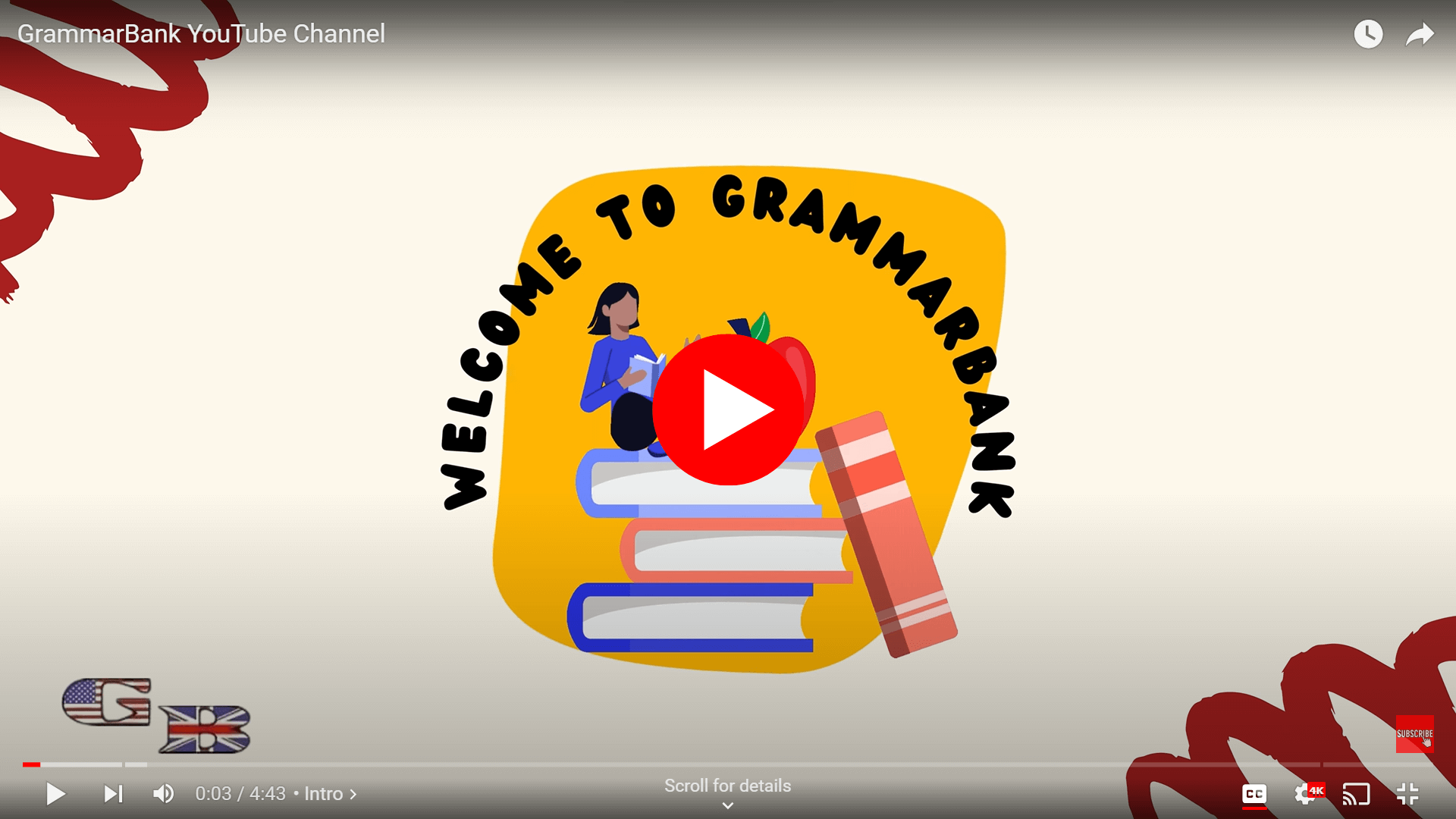Question Types in English
There are a number of question types in English:
Yes-No Questions
Wh-Questions
Tag questions
Choice Questions
Hypothetical Questions
Embedded questions
Leading questions
Also See
Sentence Types
Wh-Questions Exercise
Yes-No Questions
Wh-Questions
Tag questions
Choice Questions
Hypothetical Questions
Embedded questions
Leading questions
Also See
Sentence Types
Wh-Questions Exercise
Yes / No questions
Most of them start with an auxiliary verb and expect an answer Yes or No.
| Yes / No Questions | Answers |
|---|---|
| Do you like your new teacher? Can you help me? Have you ever been here before? Did you visit your aunt yesterday? | Yes / No (Yes I do / No I don’t) Yes / No (Yes I can / No I can’t) Yes / No (Yes I have / No I haven’t) Yes / No (Yes I did / No I didn't) |
Note: you can ask a yes / no question using the verb "to be" as a full verb (not an auxiliary) as well.
See Auxiliary Verbs
Are you from The United States?
Yes / No (Yes I am / No I am not)
Wh-Questions
As you can understand from its name, most of them start with a question word such as:
What / Where / Why / Who / Whose / When / Which
| Wh-questions | Answers |
|---|---|
| What is your name? When did you come? Who is your teacher? Whose book is that? | My name is Allen. I came yesterday. Mr. Jack is my teacher. That’s mine. |
Note: there are other question words that don’t start with "wh" as well.
How / how many / how often / how far / how much / how long / how old etc.
Examples:
| How are you? How old are you? How much is it? | I am fine. I am fifteen. It is $5. |
See WH Questions / Exercise
Tag questions (disjunctive or tail questions)
They are mini-questions asked at the end of a statement to confirm it.
Examples:
You love her, don’t you?
She has seen it, hasn't she?
Nobody knew the answer, did they?
Let’s go, shall we?
See Question Tags
Choice Questions
We use choice questions when we offer choices.
| Choice questions | Answers |
|---|---|
| Would you like a house or a flat? Do you go with your family or alone? Are you a little nervous or excited? | A house, of course. With my family. A little nervous. |
Hypothetical Questions
We ask hypothetical questions to have a general idea of a certain situation (like a questionnaire).
Examples
What would you do if you won the lottery?
Would you leave your country and your relatives behind to study abroad?
If you had a superpower, what would it be?
Embedded questions (indirect questions)
We use them in reported speech or in polite questions.
Examples:
She asked me if she could borrow my dictionary.
She asked me where the nearest train station was.
(not where was the nearest train station…)
Note: notice that the word order is affirmative.
Could you tell me how I can go to The Central Park?
See reported speech examples
See indirect speech grammar
Leading questions
We ask leading questions when we want to get the answer we desire.
Examples:
What do you think of the terrible side effects of drugs?
Were you with your family at the time of the crime?





Comments